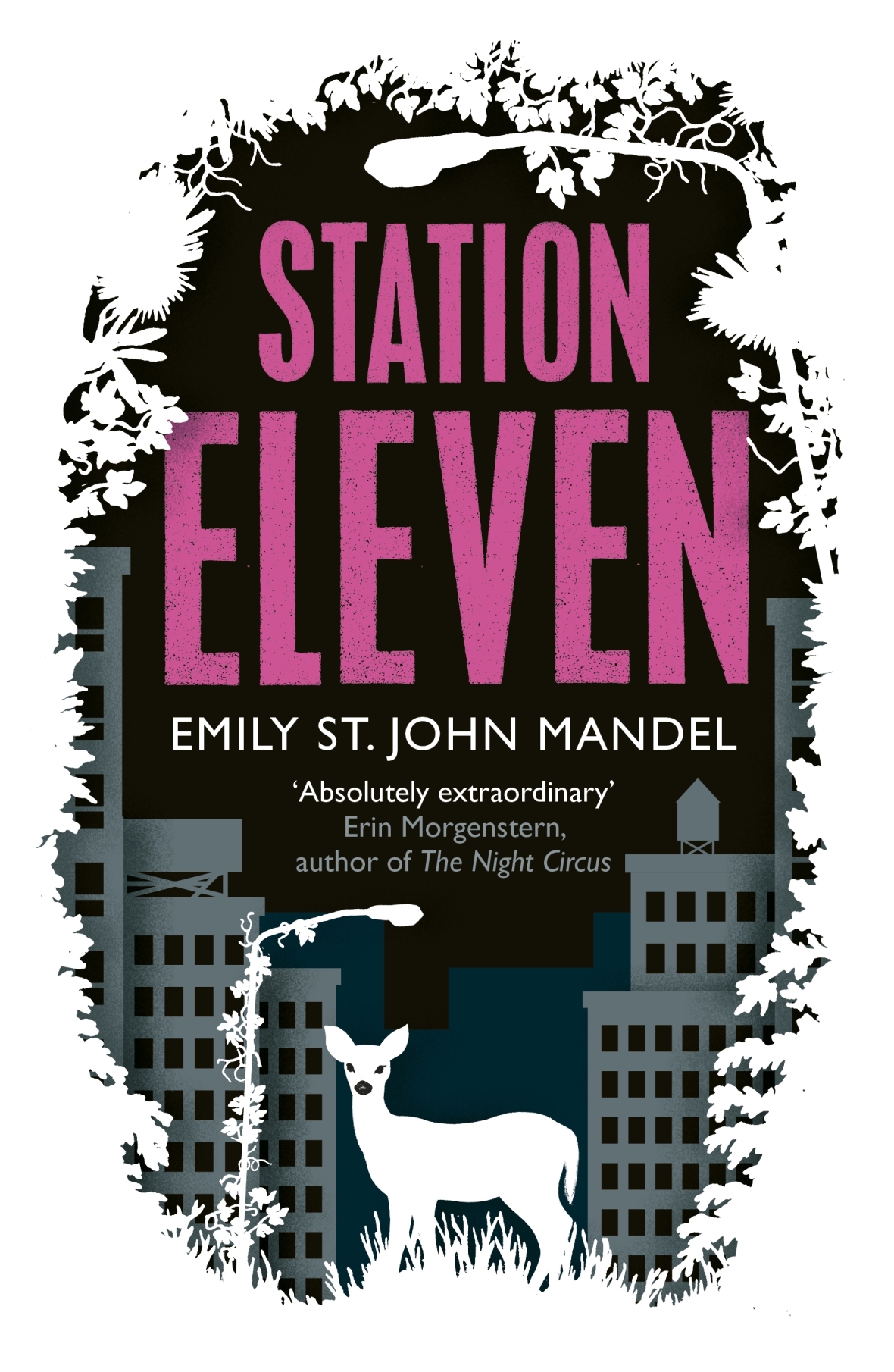
An old boyfriend of mine once claimed that it was morally indefensible to study the arts while there was still poverty and need in the world. That, essentially, arts were something one should only get round to when the whole world is working as it should – a slick, swooshing metal machine of hot water, seamless public services and efficient production lines. These days, I would have given this reductive and frankly joyless world view short shrift and laughed; those days I was weak as a kitten and I slumped, guilty, at my study of literature. I didn’t even for one second considering moving out of the Arts – I was MADE for the Arts – but I felt bad about carrying on reading stories.
One sort of story I’m a particular sucker for is a dystopia – I love stories of any kind that start with the world today, or at any given point in history, ask ‘What if?’ and carry that question to an extreme conclusion then finely detail the way of life in the new world. It’s why, for example, the premise of Man in a High Castle (on Amazon Prime, imagining the world if the Nazis had won the wan) is so intriguing. Station Eleven depicts a post-apocalyptic earth where the apocalypse was a virulent flu that has wiped out 99.9% of the world’s population. Remember the recent Ebola freak out and it all feels disturbingly possible.
Those that remain live in the ruins of their former world, and their new reality is a return to hundreds of years ago: small communities, no petrol, no countries, no electricity, no governance, no safety, no medicine. Danger at every turn. But the book focuses on a travelling orchestra-cum-acting group, playing out Shakespeare to the isolated communities of what used to be North America. Their motto – apparently filched from Star Trek – is this: Survival is not Sufficient. Faced with the loss of everything and everyone they knew, it is not enough to carve out ways to eat, drink, and live safely. Living is in the big emotions of being alive, in seeing the world, in living through yours and others’ dramatic experiences. Life is rich, life is MORE. Life is not just public services: it’s storytelling too. That’s a life well and wholly lived. Being a whole human is letting your soul sing as well as keeping your body well.
But what of the actual book, you may ask, not just the idea behind it? OK, here’s 100 words.
Station Eleven effortlessly flits between a ravaged future and an all-too-normal present using a handful of disparate characters to show the many different endings open to people alive at the time of apocalypse. St John Mandel’s eagle eye picks out the fine details of living in disused airports, pillaging old houses with bodies still in them, and looking back on our super-abundant present in disbelief. Nuanced central characters make this a human drama, not just a sociopolitical statement, though we never truly connect with the protagonists. Still, if you like Margaret Atwood – and I do – you’ll adore this.
This post is effectively sponsored by a very kind Mum bringing my daughter home from nursery for me so I get a few minutes to myself – soul singing not life churning. Hooray!
One thought on “Station Eleven”